Many parents search for an answer to the question "How do I provide the kind of religious education I want for my child?" Religious education is a very personal, subjective matter. When it comes to religious education one size most definitely does not fit all. Each of us has a very clear idea of what we expect. Much of our thinking is driven by the obvious reality that religious education is not an option in our public schools. Religion and Public Schools from the Center for Public Education explains the legal reasons why. So, with this requirement in mind let's explore your options.
Three Categories of Religious Schools
I have been in your shoes when it comes to deciding what kind of religious education our children should have. We are Episcopalians so we wanted schools which embraced that denomination's teachings. Kent School fit the bill for eldest daughter. Youngest daughter attended Westminster School which again fit our needs at the time. Our sons attended St. Anne's School in Nassau, Bahamas when we lived there. That was an Anglican school, Anglican being the British version of the Episcopal church.
To make things a little easier for you I have divided religious schools into three broad categories or strengths if you will: light, medium and strong. Essentially all I am doing is categorizing the intensity of the religious instruction and observances which schools in each category offer. Obviously there will be some overlap because private schools are intrinsically unique. That's just how private schools are. So be prepared to be flexible as you do your research. On the other hand there is no doubt that you will be able to find a school or schools to fit your needs and requirements.
Light
What do I mean by light? Light schools are schools which have little or no emphasis on religious studies and religious observances. Most of these schools are what we describe as non-sectarian. In other words these are schools which are not affiliated with any particular religion or religious group. For example, a school could describe itself as non-sectarian because it is not Jewish or Christian or Muslim. Most of these schools will incorporate some prayers of a general nature into their school gatherings and community events. They might also invoke a Supreme Being when appropriate. But it is not going to embrace the teachings and philosophy of any specific religion.
Private schools in this category are not in the least atheist in their beliefs. Rather, they simply prefer not to be affiliated with any specific religion or denomination.
Does this mean that your child will not receive any religious education in these non-sectarian schools? Not necessarily. Most schools will include religious studies under the umbrella of history and social studies. A typical module would include a survey of the world's great religions and the history of religious thinking. Be sure to ask about how religious studies are taught and when they are incorporated into the curriculum. That way you will be prepared to do your own follow up with your child.
Medium
Private schools which fall into the medium strength category are schools which are affiliated with a specific denomination. They will state very clearly what their religious affiliation is. The National Center for Educational Statistics lists the following denominations in its Private School Universe Survey:
- African Methodist Episcopal
- Amish
- Assembly of God
- Baptist
- Brethren
- Calvinist
- Christian (no specific denomination)
- Church of Christ
- Church of God
- Church of God in Christ
- Church of the Nazarene
- Disciples of Christ
- Episcopal
- Friends
- Greek Orthodox
- Islamic
- Jewish
- Latter Day Saints
- Lutheran (Evangelical Lutheran Church in America ,The Lutheran Church-Missouri Synod and the Wisconsin Evangelical Lutheran Synod)
- Mennonite
- Methodist
- Pentecostal
- Presbyterian
- Roman Catholic
- Seventh Day Adventist
I have described these schools as medium strength in terms of the religious education and observance components they typically offer. Your child will probably be required to attend regular religious services and hear readings and prayers from the great books which your denomination uses, such as the Bible, the Quran and the Torah. Religious leaders will figure prominently in your child's education. In most cases the head of school will be an ordained minister of religion.
The variations on this category of medium-strength private religious schools cover a lot of ground. Read the school websites carefully and get a feel for which schools might be good choices. Then make a list of the schools which seem to be a good fit for your requirements. Finally be sure to visit the schools on your short list and ask detailed questions about their religious studies, practices and observances.
Strong
Private schools in the light and medium categories balance the emphasis on academics with the religious components of their programs. 10-20% religious studies and 80-90% academics is a typical split depending, of course, on the school. As I have mentioned previously, the religious emphasis varies greatly from school to school.
Private schools which I have categorized as strong - perhaps a better description is orthodox - provide an in-depth exposure to their specific religious beliefs. We are not talking about occasional religious observances and services in these schools. Religious studies classes do not occur every now and then. These schools practice their religion all day, every day. Religious studies and the academics are woven together as a unified presentation. These schools expect their students to practice their religious beliefs in every aspect of their lives.
You need to be aware that the admissions process at orthodox schools will most likely include an assessment of your child's religious knowledge in addition to the usual academic testing of your child's abilities in mathematics and languages. The Boys Division Admissions Procedure of Yeshiva of Greater Washington gives you an idea of their admissions process.
You will also have to sign a Statement of Faith or its equivalent. Here is the Statement of Faith which Ad Fontes Academy requires parents to sign. There is nothing sinister about any of these requirements. It is simply the way a particular religious school has decided to run things. If you don't feel that a school offers the best fit for your requirements, delete it from your list and keep looking. The right school is out there.
There you have it. If you are thinking about a religious education for your child, now you have a frame of reference from which to begin your exploration of schools.
Have questions? I am on Twitter. @privateschl

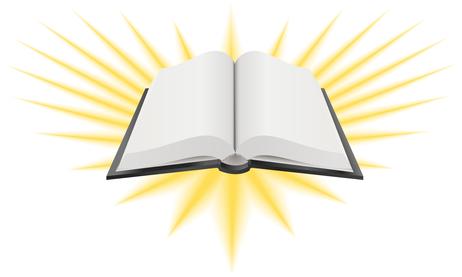



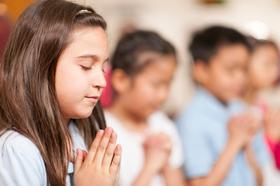


















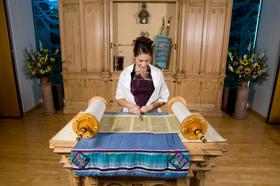









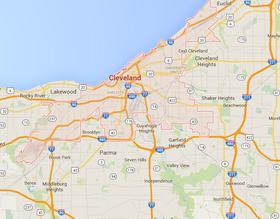


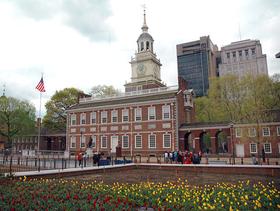





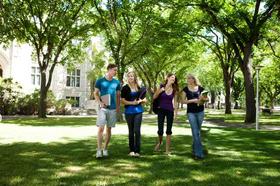

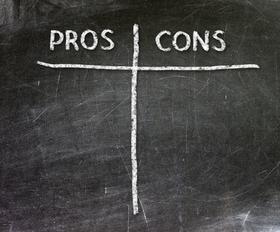
























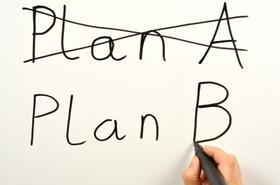




















-4c3194pi4wis8gsg004w0g44w-280.jpg)


